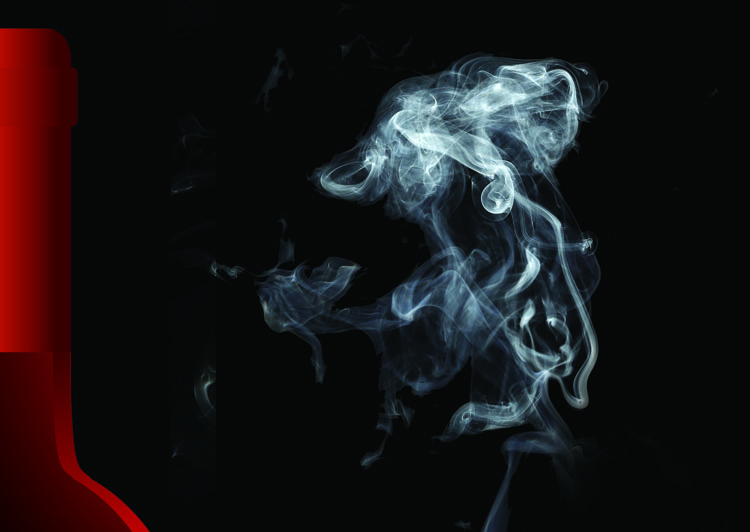
Muscat: Cigarettes, alcohol and unhealthy products should see a tax increase of up to 100 per cent this year, the Ministry of Finance has revealed.
An official source at the Ministry of Finance confirmed that “a Selective Tax Agreement has been signed by ministers at the Financial and Economic Cooperation Council of the GCC which is expected to be applied during the current year in the Sultanate.”
In an exclusive statement to 'Times of Oman’s' sister paper 'Shabiba', the source explained that the selective tax is applied only on health deteriorating products which cost the state vast amounts in medical treatment, or other products which are deemed unhealthy.
“Tobacco, alcohol, pork products, soft drinks and energy drinks” are all part of the ban as agreed by the GCC with the option of adding more products based on the Secretariat General for GCC’s recommendations.
The source added that the tax rate is set between 50 and 100 per cent, according to the agreement, and the customs fees for tobacco and alcohol will remain, adding that the Secretariat General for Taxation at the ministry will release further details about the tax soon.
The Head of the Youth and Human Resources Committee at the Shura Council, Mohammad Salem Al Busaidi said that the implementation of the selective tax on unnecessary and harmful products is understandable, adding that quality of life should not be hindered by tobacco and alcohol.
Health issues will cost the state large amounts of money for treatment and that the government has the right to keep some of that money and use it to raise awareness about the dangers of harmful products, he added.
He added that the government should keep middle and low income families in mind before implementing any other taxes.
The Selective Tax comes in light of plans to diversify income and reduce state spending on health treatments.
Welcoming the move, Dr Jawad Al Lawati, senior consultant and rapporteur for the National Tobacco Control Committee at the Ministry of Health (MoH), said it will help to reduce the impact of tobacco use.
“About 60 percent of Oman’s health budget goes in treating patients of non communicable diseases, such as cardio-vascular conditions, including coronary heart disease and cancers,” he said.
While 14 per cent of Oman’s male population uses tobacco, 0.5 per cent of the female population uses tobacco products.
“Smoking is very bad for health. It causes various types of diseases. Raising its price will raise some awareness and help reduce the burden on society,” he added.
He also said the tax on tobacco products such as cigarettes was increased last year for the first time in 17 years.
Earlier, Majlis Al Shura members had asked the government to implement a proposal made by the Ministry of Health (MoH) to impose local taxes on tobacco. “We have to increase so that it remains beyond reach of children,” one of them said.
According to the Global Nutrition Report 2016, Oman has one of the highest obesity rates globally and is ranked 168 out of 190 countries.
Harmful foods and products can also cause lifestyle-based diseases.
According to the World Health Organisation, 68 per cent of all disease-related deaths in the Sultanate stem from lifestyle-based ailments that include cardiovascular problems and diabetes.
Cardiovascular diseases, such as bronchitis and emphysema – a common by-product of smoking, accounted for 33 per cent of all lifestyle diseases, while diabetes and cancer contributed 10 per cent each.
Retailers are, however, clueless on the new price. “We will not be able to know unless it is announced,” one of them said.
Another tax which is awaiting a decision at the start of 2018 is the Value Added Tax which is expected to implement a 5 per cent tax.